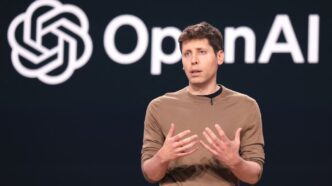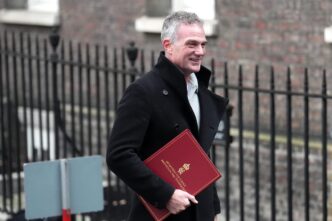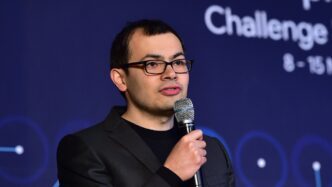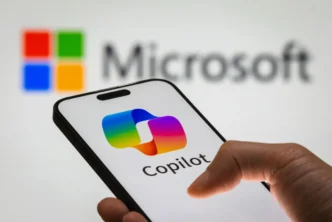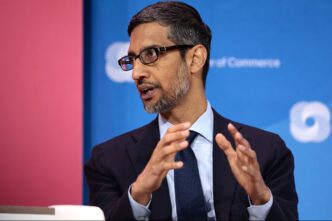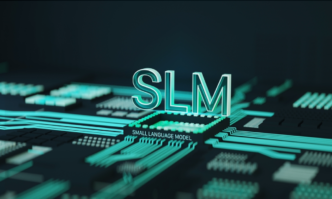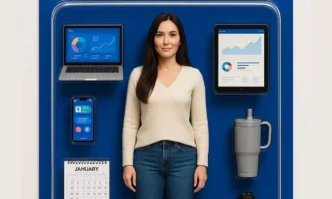A new image-generation feature in ChatGPT has taken the internet by storm. Thanks in large part to a viral trend mimicking the whimsical style of Studio Ghibli. The surge in activity has pushed user numbers to record highs and temporarily overloaded OpenAI’s infrastructure. As millions rushed to try out the new tool, social feeds filled up with AI-generated artwork evoking iconic titles like Spirited Away and My Neighbor Totoro.
The trend helped push ChatGPT past 150 million weekly active users for the first time this year, according to Similarweb. OpenAI CEO Sam Altman confirmed that the platform gained over one million users in just one hour earlier this month. A figure that once took days when ChatGPT first launched. Mobile app analytics from SensorTower further showed a jump in engagement. With downloads up 11%, active users rising by 5%, and in-app revenue increasing 6% week-over-week following the GPT-4o rollout.
This explosion in interest hasn’t come without complications. The sudden spike caused temporary slowdowns and outages across the platform. OpenAI acknowledged the issue. Cautioning that users might face occasional service disruptions as the company works to scale capacity for the image generation feature.
While the creativity behind the Ghibli-inspired art has captured global attention, it’s also stirred up legal and privacy concerns. Legal experts warn that the line between style inspiration and copyright infringement isn’t always clear. Although artistic styles themselves typically aren’t protected by copyright law. Reproducing a look that closely mimics a specific brand can blur legal boundaries. Evan Brown, a partner at law firm Neal & McDevitt, said it’s a gray area — styles may not be protected, but works that imitate specific visual expressions could still lead to claims of infringement.
Miyazaki’s past statements have added fuel to the debate. In a resurfaced interview from 2016, the legendary Studio Ghibli co-founder criticized AI-generated artwork, calling it “utterly disgusting” and saying he had no interest in using such tools in his creative work. OpenAI hasn’t disclosed whether its model was trained on content directly similar to Studio Ghibli’s catalog.
Beyond copyright, privacy advocates are raising red flags over how personal data — especially facial images. May be handled when users upload photos for AI transformation. Christoph C. Cemper, founder of AI prompt management firm AIPRM, cautioned that uploading a personal photo can expose biometric data that could be misused. While many people think of it as harmless fun, Cemper says there are deeper risks most users overlook.
According to OpenAI’s privacy policy, both personal data and content shared by users, including images. May be collected and stored unless the user explicitly opts out. This information may then be used to improve future AI models. That means a photo uploaded today could quietly be reused behind the scenes, unless deletion is manually requested.
Cemper pointed out that once a facial image is uploaded, it can be vulnerable to scraping or even inclusion in datasets without a user’s knowledge. He referenced past incidents involving AI training datasets like LAION-5B. Where researchers discovered sensitive and private images had been scraped from the web.
The legal and ethical concerns don’t stop at data privacy. Creating AI art styled after beloved brands such as Studio Ghibli or Disney may seem like fan homage, but it can cross into infringement territory if the mimicry is too close. In 2022, artists filed lawsuits against AI companies for using original artworks in training datasets without consent. These cases have yet to set clear legal precedents but underscore the need for balance between innovation and creative rights.
Cemper also advises users to read AI platform terms of service closely. Many include clauses granting the platform broad rights to reuse and distribute user-submitted content — often through “non-exclusive,” “irrevocable,” or “transferable” licenses. Even deleting the app doesn’t necessarily remove the content already uploaded.
He emphasized that while tools like ChatGPT’s 4o image generator demonstrate just how far AI capabilities have come, they also raise complex questions. The ability to replicate iconic artistic styles instantly may seem like a leap forward for creativity, but it risks undermining original artists and could open users up to data exposure they never intended.
In the past week alone, search interest in “ChatGPT Studio Ghibli” jumped more than 1,200%, reflecting just how viral the trend has become. But as these AI art tools continue to evolve, users may want to pause before uploading personal photos. Without clear data protections and ethical guidelines, what starts as a fun experiment could lead to unintended consequences down the line.
